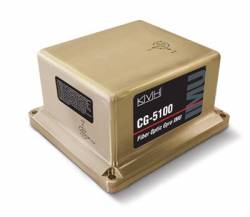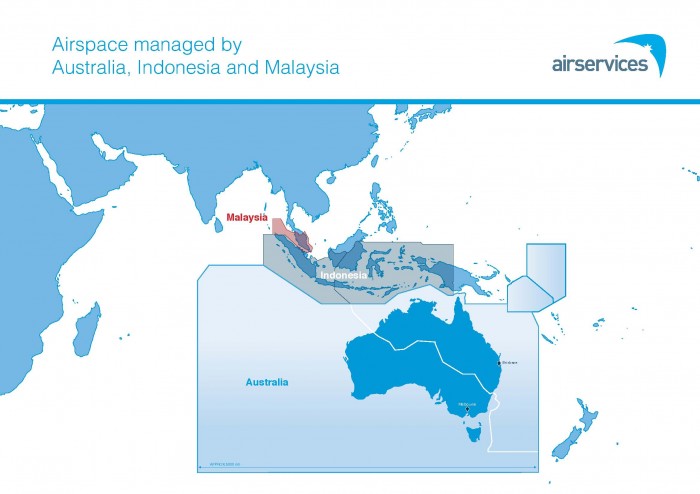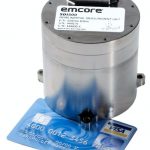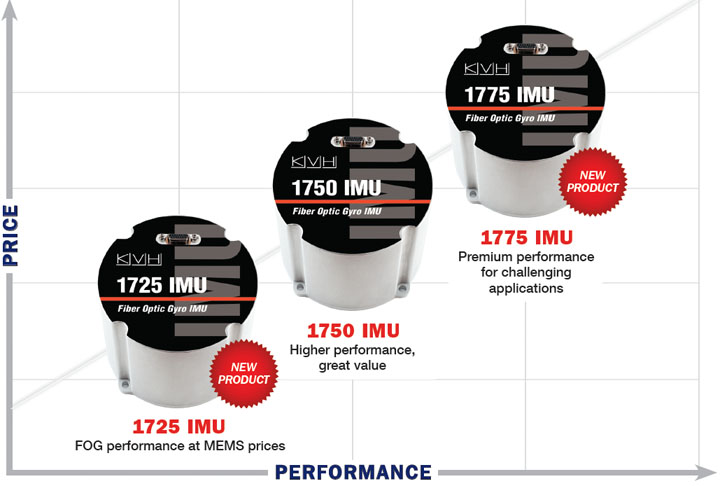

Advanced Navigation in collaboration with KVH Industries has announced its new Spatial FOG GNSS/INS, a ruggedized GNSS-aided inertial navigation system and attitude and heading reference system (AHRS).
Advanced Navigation in collaboration with KVH Industries has announced its new Spatial FOG GNSS/INS, a ruggedized GNSS-aided inertial navigation system and attitude and heading reference system (AHRS).
Measuring 90x90x96 millimeters and weighing 750 grams, the unit combines KVH’s new 1750 fiber-optic gyroscope–based inertial measurement unit with magnetometers, a pressure sensor, and a Trimble Trimble BD920 dual-frequency RTK GNSS receiver. According to the company, these components are coupled in a sophisticated fusion algorithm to deliver highly accurate position, velocity, acceleration, and orientation under demanding conditions.
The GNSS receiver reportedly provides one-centimeter accuracy positioning and supports all of the current and future satellite navigation systems including GPS L1/L2, GLONASS, Galileo and Compass/BeiDou.
The company says that a new “intelligent” filter design under development for six years allows the Spatial FOG to extract significantly more information from the data by making use of human inspired artificial intelligence.
A next-generation memory backup system enables Spatial FOG to provide hot-start inertial navigation from its last position in two seconds and obtain a GNSS fix in as little as three seconds, according to Advanced Navigation, based in Claremont, Western Australia. The memory backup system lasts for the lifetime of the product and will provide backup for 24 hours without power.
Spatial FOG’s internal filter runs at 1,000 hertz and data can also output at this rate over high-speed RS232 or RS422 ports to enable control of dynamically unstable platforms.
Spatial FOG supports a wide range of peripherals including odometers, external GNSS receivers, DVLs, USBLs and NMEA devices. It also supports both industry-standard NMEA output and a binary protocol.





